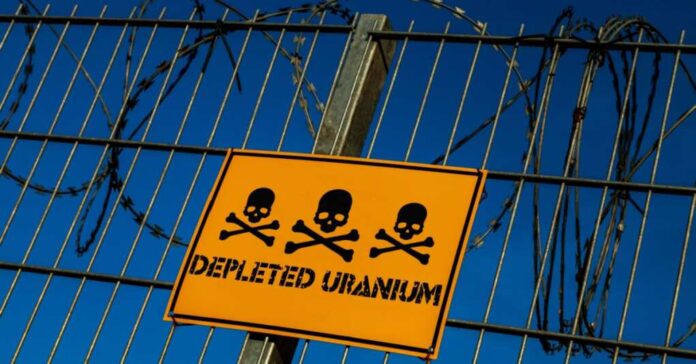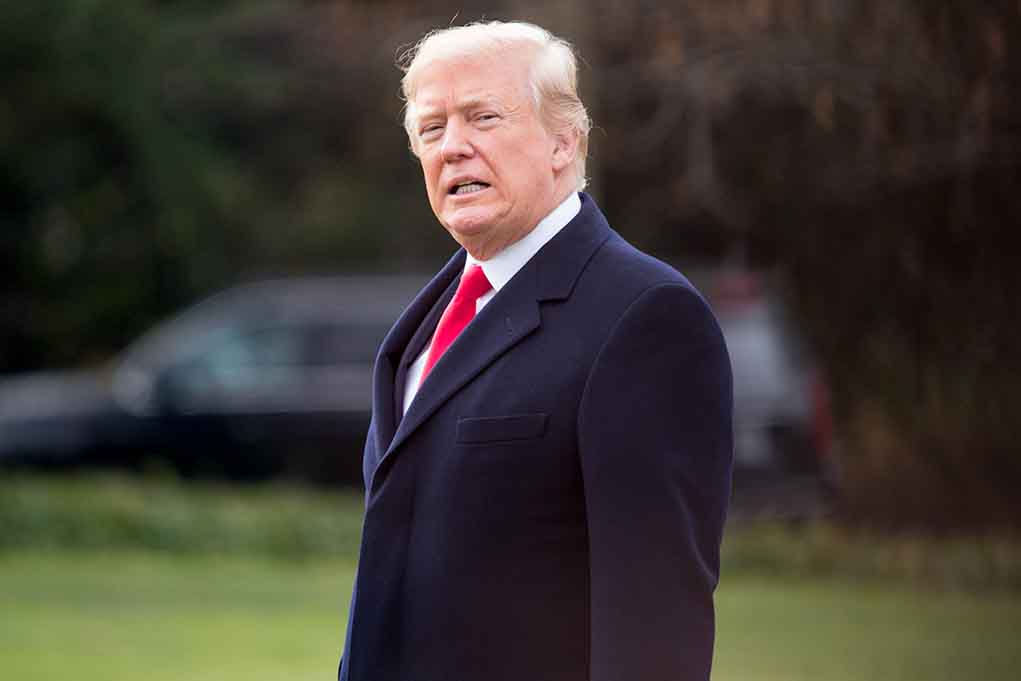
Biden didn’t exactly win any “Preparedness for the Future” awards when he signed the ban on Russian uranium imports in May. Sure, the law doesn’t fully kick in until 2028, but the whole thing has left the U.S. scrambling to secure its uranium supply. Russia’s move to cut off exports is like a punch to the gut of the U.S. nuclear industry, especially since Russia controls half the world’s uranium isotope separation and supplied over 25% of the U.S.’s enriched uranium last year. If this situation drags into 2025, we could be looking at some serious energy problems.
Most of the uranium the U.S. needed for this year is already in the pipeline. But some utilities, thinking they were safe, might find themselves out of luck in the next few years. And why is Russia doing this? They’re retaliating for the U.S. ban, of course. But even though the bans on the books, Russia’s still allowed to send uranium through special waivers, so this move is more about flexing power than anything else. Russia appears to be aware that Biden has allowed the U.S.’s domestic enrichment capacity to stagnate and is making a statement. The U.S. must remain vigilant and proactive in developing its resources and maintaining a competitive edge.
President Vladimir Putin also suggested that Moscow might hit back at Western sanctions by restricting exports of titanium and nickel.
Chris Gadomski, a nuclear analyst, straight-up said, “We don’t have enough enriched uranium here.” He’s basically slamming the U.S. for failing to stockpile enough uranium in case of situations like this.
As the U.S. scrambles to address its uranium supply issues, China is already seizing the opportunity. China has increased its imports of Russian uranium, while offering their own uranium to the U.S., effectively converting the crisis into a strategic benefit.
Meanwhile, the Biden administration has started throwing billions at restarting domestic uranium enrichment, but let’s be real—it’s still in the early stages, so the U.S. might be in for a rough ride.







